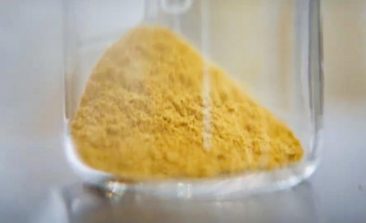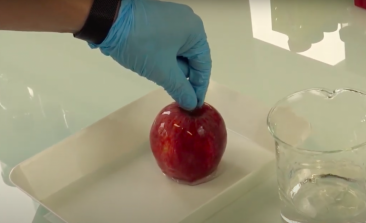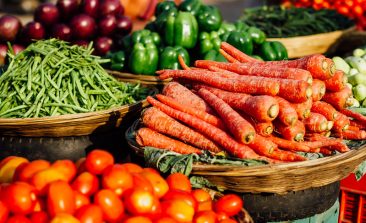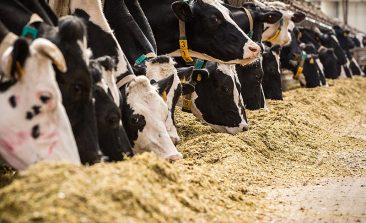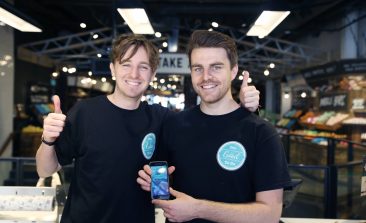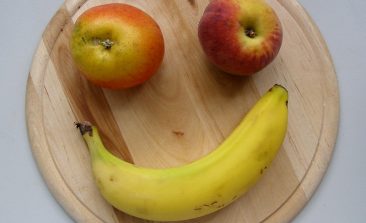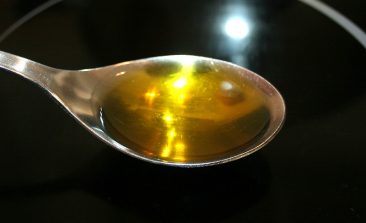Content to: Food Security
Solar-Powered Food: Study Reveals Microbial Proteins Could Lead the Way in a Sustainable Future for Food
A new study has revealed edible proteins that are much more efficient and sustainable than traditional staple crops. But does the world have an appetite for powdered microbial proteins?
Can Plastic Become Food? The ‘Food Generator’ Looking to Turn Our Waste Products into Edible Proteins
Microbial synthetic engineering has the potential to turn many of our waste products into useful commodities. One award winning project hopes to use it to cut down on pollution, and create food at the same time.
Proteme: Can Invisible, Edible Nano-films Protect Our Fruit and Reduce Food Waste?
A large portion of our perishable foods never make it to the dinner plate. A French startup hopes their innovative protective nano-film can help keep fruit fresher, for longer.
Enhancing Food Security Through Earth Science Data
When most agriculture in the world is rural, getting crucial geoscience information to farmers is a technical challenge that a few organisations are just starting to figure out.
Deep Branch: CO2 and Hydrogen Could Help Fuel a Greener Meat Industry
Feeding an increasing population with a growing appetite for meat is a major challenge for our future. One biotech firm hopes a new animal feed can make the process greener.
Too Good To Go: Fight Food Waste From Restaurants by… Eating it Yourself!
Want to help stop food going to waste and bag a tasty bargain in the process? With the Too Good to Go app, you can. We've taken a closer look at how it works.
5 Technological Innovations That Are Shaping the Future of Food
With the world population set to reach nearly 10 billion people by 2050, ensuring there's enough affordable, nutritious food to go around is one of the biggest challenges that we face - and it's one that affects us all. What potential does technology hold for ensuring food security far into the future?
The Indonesian Palm Oil Alternative That’s Powered by Insects
Part of a wave of food entrepreneurs looking for ways to make our diets more sustainable, Biteback is taking palm oil off the menu - and adding bugs instead.
Can Innovative Greenhouses in the Arctic Solve Food Security Issues?
Food security in the Arctic isn't simple. Access to sufficient variety and nourishment relies as heavily on the weather as anywhere else in the world.
